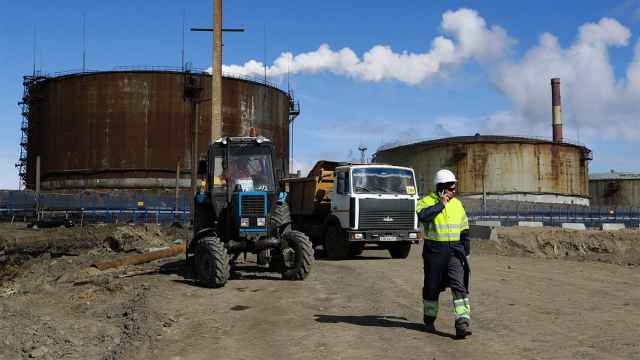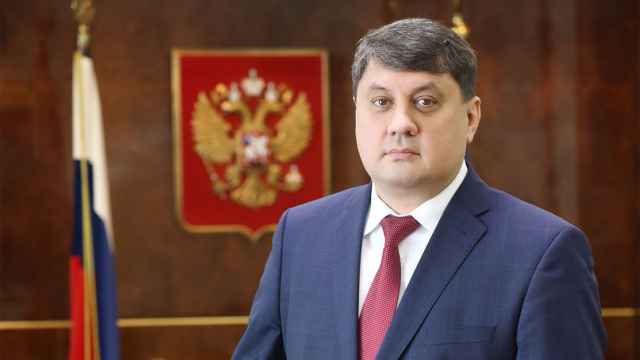The environmentalist organization Greenpeace says a group of Cossacks earlier today refused to allow its volunteer firefighters to assist state emergency workers in the southern region of Kuban, where a major blaze threatens internationally protected estuaries.
The ecologists reportedly extinguished several fires in the Krasnodar region on Sept. 7, but they were ejected from their cabin before dawn the next day. The man who rented them the housing returned their money and told them to leave the area immediately, offering no explanation.
According to Greenpeace, regional emergency workers were expecting the organization’s help, but a group of Cossacks surrounded the volunteers and refused to let them pass. Police were unable to settle the dispute, and the Greenpeace activists were forced to set up operations farther from the fires.
By the time the Greenpeace volunteers finally reached emergency workers, the fires had spread significantly, destroying parts of estuaries protected by the International Ramsar Convention, which establishes the preservation and sustainable use of wetlands around the world.
Inside Russia, Cossack patrols have become a kind of volunteer morality police. In Krasnodar, where a Cossack group attacked anti-corruption activist Alexei Navalny earlier this year, these patrols were even added to the government's payroll in 2012.
Cossacks' increased presence across southern Russia is widely seen as an attempt to keep in check an increasing number of migrants in the region bordering the restive North Caucasus, Eva Hartog wrote for The Moscow Times in May.
A Message from The Moscow Times:
Dear readers,
We are facing unprecedented challenges. Russia's Prosecutor General's Office has designated The Moscow Times as an "undesirable" organization, criminalizing our work and putting our staff at risk of prosecution. This follows our earlier unjust labeling as a "foreign agent."
These actions are direct attempts to silence independent journalism in Russia. The authorities claim our work "discredits the decisions of the Russian leadership." We see things differently: we strive to provide accurate, unbiased reporting on Russia.
We, the journalists of The Moscow Times, refuse to be silenced. But to continue our work, we need your help.
Your support, no matter how small, makes a world of difference. If you can, please support us monthly starting from just $2. It's quick to set up, and every contribution makes a significant impact.
By supporting The Moscow Times, you're defending open, independent journalism in the face of repression. Thank you for standing with us.
Remind me later.





